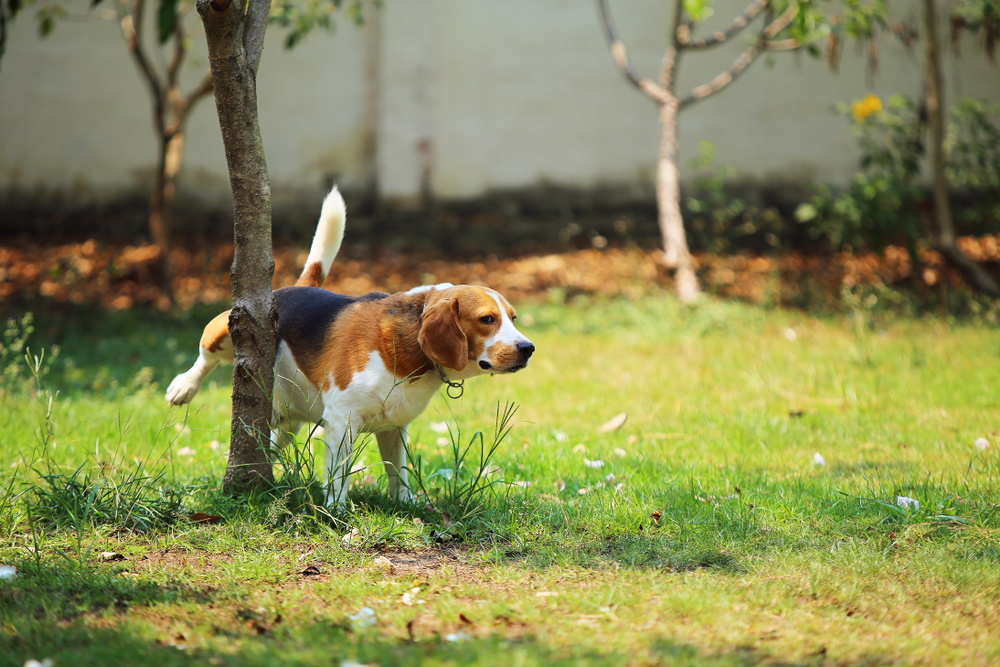Just like humans, our feline friends need access to clean water to stay hydrated. The respiration, urine, and faces of cats all contribute to water loss, so it’s essential to keep an eye on your kitty’s water intake. Unfortunately, many pet parents don’t realize that their cat is dehydrated until it’s too late. That’s why regular check-ups with the vet are so important and why you should know the signs of dehydration in cats.
Water is critical for all body actions, and cats are no different. It constitutes around 80% of your furry friend’s body weight and is necessary for proper organ function, blood circulation, digestion, and temperature regulation. Every cell, tissue, and organ in your cat’s body needs water to work properly. Dehydration can cause serious health problems in cats and, in severe cases, can even be fatal.
Dehydration can occur when your cat’s fluid intake is insufficient to replace the fluids being lost. Cats with dehydration risk usually have other pre-existing conditions that increase their water loss, such as diabetes, kidney disease, or gastrointestinal problems. Illnesses that cause vomiting or diarrhea can also lead to dehydration, as can heatstroke. Older cats and kittens are also more susceptible to dehydration since they have a reduced ability to concentrate their urine.
What Are The Signs Of Dehydration In Cats?
There are a number of clinical signs that may indicate dehydration in cats. Most healthy cats will have moist, shiny gums. You can check for dehydration by gently pulling up the skin on the back of your cat’s neck. In a dehydrated cat, the skin will take longer to return to its normal position.
Here are some other signs that your cat may be dehydrated:
1. Sunken Eyes
As dehydration progresses, the body’s tissues begin to shrink, and the eyes can become sunken. You will observe that the space between the eyeball and the eyelid of a dehydrated cat appears concave instead of flat. This is especially apparent in cats with dark fur.
2. Lethargy and Weakness
Dehydration can cause lethargy and weakness since it impairs the function of cells and organs. A dehydrated cat will often lie around instead of playing or being active. Your cat may also be too weak to jump up on furniture or into its litter box.
3. Dry Mouth
A dehydrated cat will often have a dry mouth and nose. The gums may also appear tacky or sticky rather than moist and shiny. A dry mouth signifies your cat’s body is not producing enough saliva.
4. Loss of Appetite
You may notice that your cat has a reduced appetite or is not interested in food. This can be due to the fact that dehydration can cause nausea and vomiting. The loss of appetite may also be because dehydration impairs the function of the digestive system.
5. Depression
If you have been dehydrated, you know that it can cause feelings of weakness and fatigue. The same is true for cats. Dehydration can cause depression and listlessness. You will often see that a dehydrated cat will sleep more than usual.
6. Increased Heart Rate
An increased heart rate indicates that the feline’s body is trying to compensate for the loss of fluids. The heart has to work harder to pump blood through the cat’s body when there is a lack of fluids. You can detect this by feeling your cat’s pulse. A dehydrated cat will have a faster heart rate than a healthy cat.
7. Panting
Panting is a sign of dehydration in cats. When a cat pants, they are trying to cool themselves off by evaporating the water on their tongue and in their mouth. This is an instinctive response to heat and signifies that the cat’s body is trying to conserve fluids.
What can you do to prevent dehydration in cats?
The best way to prevent dehydration in your feline is to frequently offer small amounts of water. Ensure to clean your cat’s water dish daily to prevent the water from becoming stale. If you have more than one cat, ensure you have multiple water sources to prevent competition and water insecurity. Some cats prefer running water and will drink more from a water fountain designed for cats.
You can also give your cat ice cubes or ice chips to lick on if it’s recovering from any illness that’s caused it to vomit or have diarrhea. To avoid overhydrating at this time, only offer small amounts of water at regular intervals. This will help your cat rehydrate gradually and safely.
You can also speak to your veterinarian to rule out any potential health troubles causing your cat to drink less water than usual. Veterinarians can also recommend supplements or foods that can help encourage your cat to drink more water.





